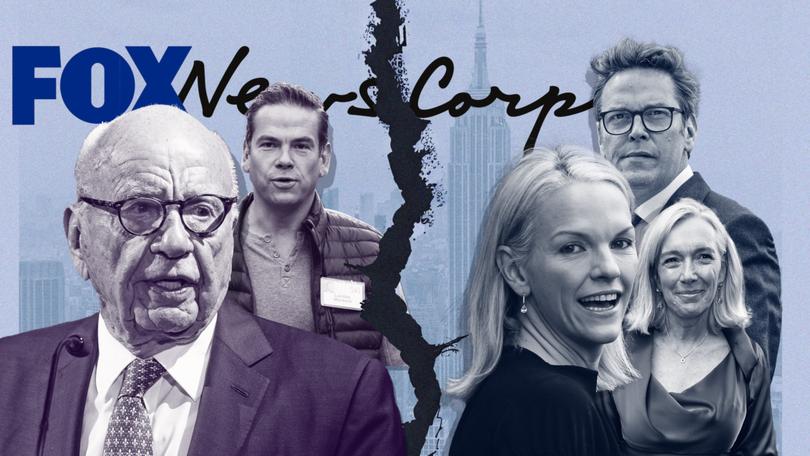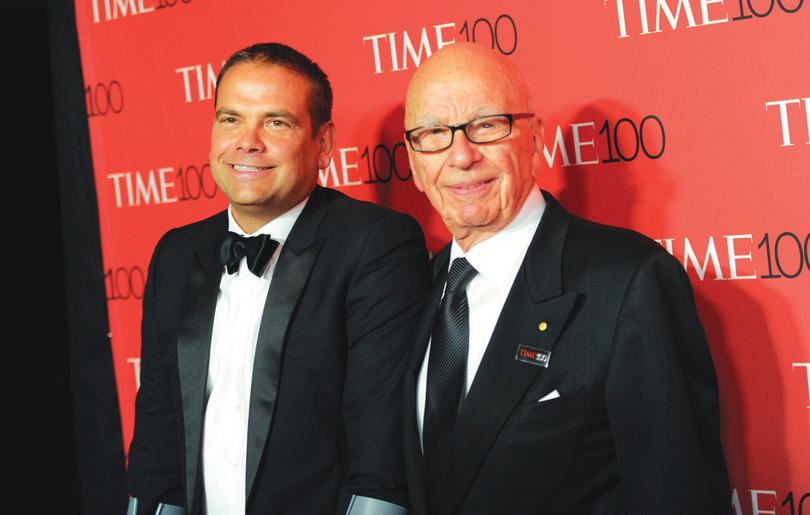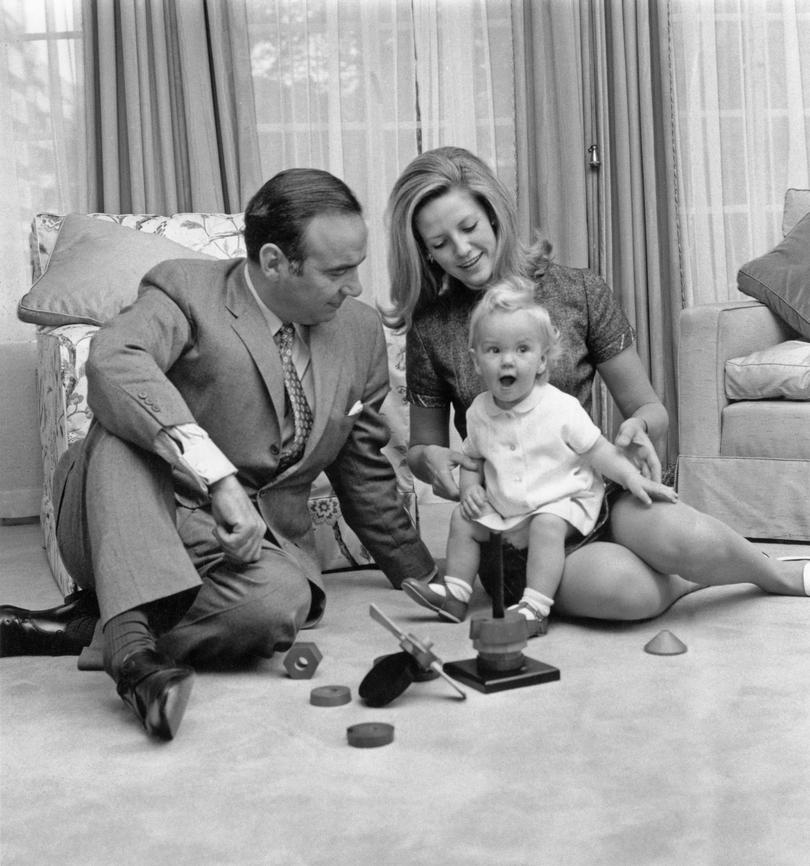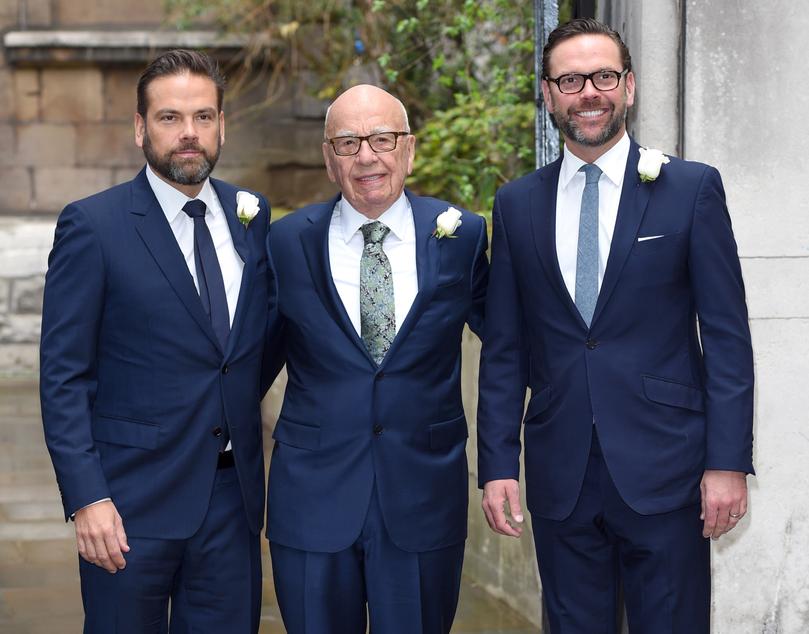The Economist: Rupert Murdoch named son Lachlan successor but the battle for power is not over yet
Rupert Murdoch named his son Lachlan his successor but the fight for power over the family newspaper empire is not over yet

To a casual observer, the media industry’s most consequential succession battle looked to be over.
In September 2023 Rupert Murdoch stepped down as chairman of News Corporation and Fox Corporation, the two firms that make up his media empire and that together are worth $34bn.
News Corp holds Mr Murdoch’s newspapers in America, Britain and Australia; Fox Corp includes Fox News, a hard-right television network and, for more than two decades, America’s most-watched.
Sign up to The Nightly's newsletters.
Get the first look at the digital newspaper, curated daily stories and breaking headlines delivered to your inbox.
By continuing you agree to our Terms and Privacy Policy.At the same time, Mr Murdoch, then 92, named his elder son, Lachlan, as his successor.

Yet unlike the television series that drew inspiration from the Murdoch family’s squabbling, the real-life saga is not, in fact, over.
This month Mr Murdoch, along with Lachlan, will face off against three of his adult children — James, Elisabeth and Prudence — in a courtroom in Nevada. Why are they fighting?
The dispute revolves around the family trust and, crucially, who will control it after Mr Murdoch dies.
The family has about 40 per cent of the voting shares in Fox Corp and News Corp.
The shares are worth nearly $15b and are held in a trust, which Mr Murdoch created in 1999 after he divorced Anna, his second wife.
She settled for $200m — a modest payoff, considering that she could have laid claim to half her ex-husband’s assets.
But a condition was that his four children, three of them hers, would assume equal control of the trust on Mr Murdoch’s death. Until then, he would have majority say. (Later, everyone agreed to give his two daughters by his third wife a share of the trust but no voting rights.)

It means that Lachlan’s position as successor could be in doubt after Murdoch senior dies.
Since James, Elisabeth and Prudence will each have equal voting rights with Lachlan, they could work together to depose their brother.
They could, indeed, demand that he steer the firms’ outlets in a more politically moderate direction.
James, who gives money to the Democratic Party, left the board of News Corp in 2020, citing “disagreements over certain editorial content”.
Following the Capitol riot in 2021 he criticised “those outlets that propagate lies to their audience” — a clear jab at Fox News, which last year paid nearly $800m to settle allegations that it had spread Donald Trump’s election conspiracies.
Given these possibilities, Mr Murdoch wants to amend the trust.
According to the New York Times he plans to give Lachlan “permanent, exclusive” control.
But the trust is “irrevocable”, ie, it cannot be dissolved or altered without the consent of all beneficiaries or without a court order.
Mr Murdoch does not have consent: his scheme — which he reportedly referred to as “Project Harmony”, because he hoped it would prevent a family feud on his death — has incensed the three children who would lose their voting rights.
They have hired lawyers to fight his plan. The case will be heard by a probate judge in Reno, Nevada, where the trust is located. All this would be secret if not for a leak to the New York Times. Proceedings in the case are sealed.
Convincing the court to allow a unilateral change will not be easy. (The term for it is “decanting”, as in moving assets from one vessel to another, as you would a bottle of wine.)
Mr Murdoch will need to show the judge that he is acting in good faith and doing so for the benefit of all of his children.

James, Elisabeth and Prudence will probably claim that this is nothing more than a power grab.
Their father, meanwhile, will argue that fights among his children over management would harm his businesses, and that a shift in his outlets’ editorial stance would damage their popularity and thus shareholder value.
On that score he is probably right. Fox viewers want fawning coverage of Mr Trump; efforts to limit such fare after the 2020 election hurt ratings.
What is good for democracy is not necessarily good for Murdoch business — or Murdoch family harmony.
